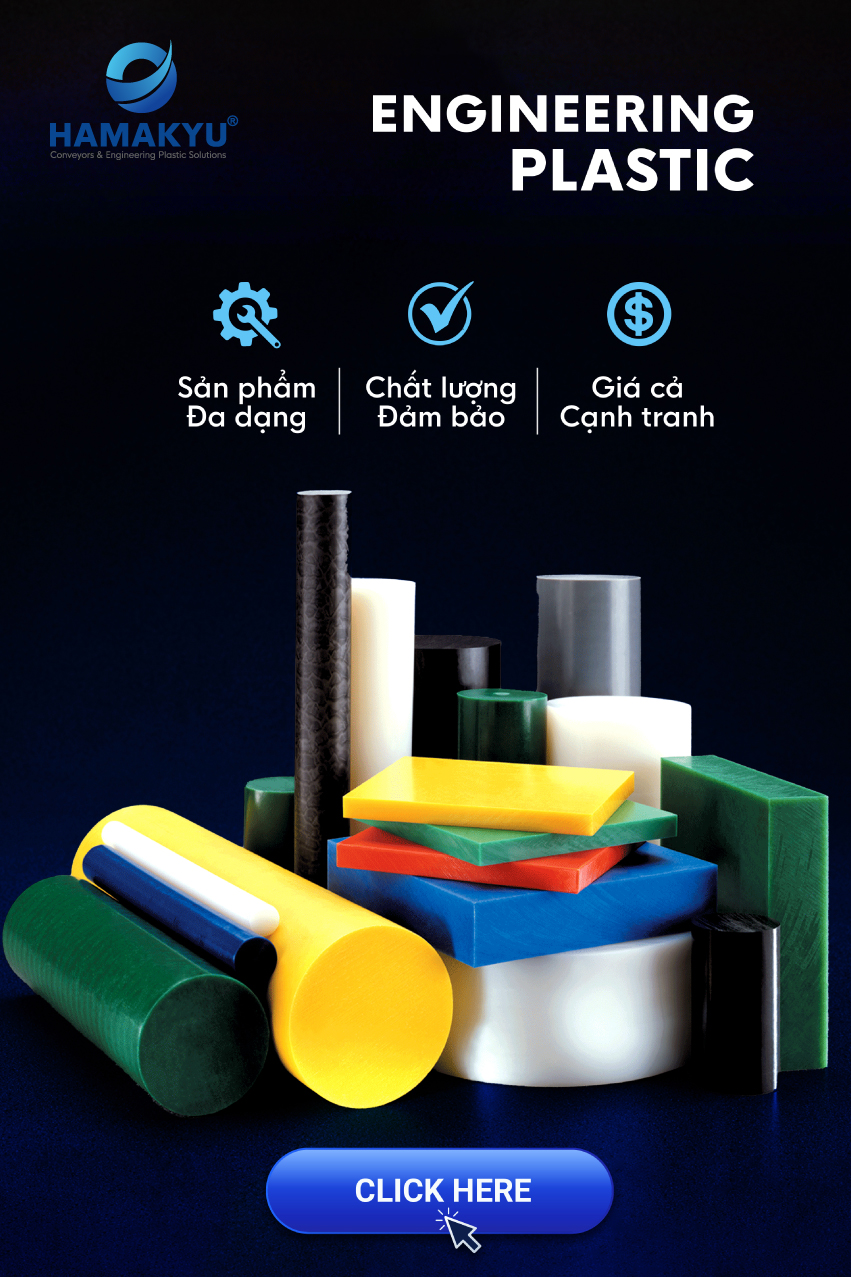CERTIFICATION PLASTIC FREE
The Plastic Free™️ certification is managed by A Plastic Planet, an advocacy organization founded in 2017 with the goal of reducing the production and consumption of plastic, while promoting the development and supply of plastic products. plastic-free alternative. Aims to reduce and eliminate plastic on earth. Clarifying what constitutes unwanted, non-biodegradable plastic; Even so-called bioplastics take hundreds of years to decompose and can then exist as nano- or micro-plastics.
The entity applies two Plastic Free Standards: A Plastic Planet and Plastic Free identify plastic-free packaging, products and materials, while A Plastic Planet's pledge mark is for businesses to demonstrate their intention to reduce reduce plastic in their operations. The organization therefore helps businesses get started simply and easily on the plastic-free path with the pledge as a starting point. For both standards follow a roadmap that includes audits and demonstrable commitments.
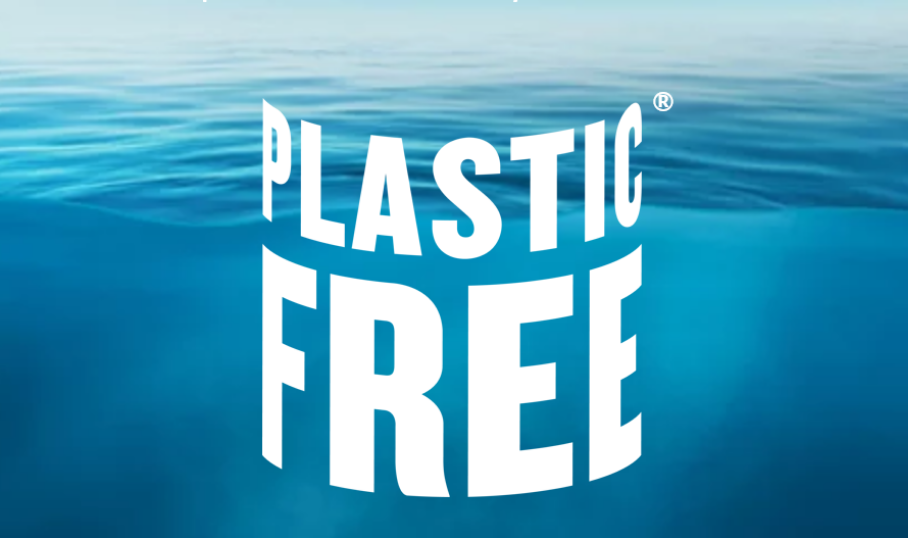
OBP - OCEAN BOUND PLASTIC
Ocean Bound Plastics is a standard established by the non-governmental organization Zero Plastic Oceans and Control Union. The purpose of promulgating standards is to protect the ocean from negative impacts from activities on land. OBP certification encourages the removal of plastic from the environment by collecting and treating plastic waste before it reaches the seas and oceans. OBP certification includes two programs Ocean Bound Plastic Recycling certification: This certification applies to organizations focused on commercially recyclable OBP, collecting OBP or/and recycling collected OBP. It aims to certify that OBP waste is converted into new products ethically. Ocean Bound Neutrality certifications: enable organizations – responsible for the collection and processing of non-commercially recyclable OBP, to issue and sell third-party verified plastic credits (so-called using OBP). It also allows entities purchasing these credits to certify their neutrality requirements.
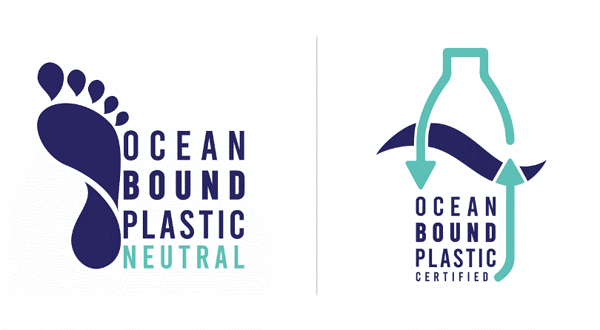
RESPONSIBLE PLASTIC MANAGEMENT
The Responsible Plastic Management (RPM) standard is designed to help support your business in measuring and managing its plastic use, while providing verification and assurance of your responsible approach to with plastic. It is a systems and process-based Standard, developed and peer-reviewed by plastics, sustainability and environmental certification experts. Your business can determine the specific scope of the certification assessment. The overall goal is to increase plastic circulation and reduce plastic waste. Meeting the RMP criteria can be seen as clear evidence of a business's achievements.
The standard applies to all sectors globally and the program can test and certify the truth of the Plastics Pact claims, ensuring businesses have systems in place to reduce their use. plastic.
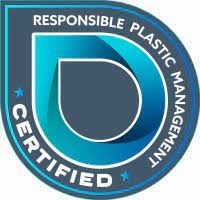
GLOBAL RECYCLED STANDARD (GRS ) – GLOBAL RECYCLING STANDARDS
GRS - Global Recycled Standard is an international, voluntary, comprehensive product standard that sets requirements for third-party verification of chain of custody, recycled content, social practices and environmental and chemical restrictions. GRS certified recycled products must contain a minimum of 20% recycled materials and be processed sustainably.
The Global Recycle Standard (GRS) was originally developed by Control Union Certifications in 2008 and ownership was transferred to Textile Exchange on January 1, 2011. GRS was designed to meet the needs needed by companies wanting to verify the recycled content of their products (both finished and semi-finished products) as well as to verify responsible social, environmental and chemical practices in production. The objectives of the GRS are to define requirements to ensure accurate composition declarations and good working conditions, minimizing harmful chemical and environmental impacts.

RECYCLED CLAIM STANDARD (RCS) – STANDARDS RECYCLING STATEMENT
RCS is used as a chain of custody standard to track recycled raw materials through the supply chain. By label level, RCS offers two logo types: RCS 100 (minimum recycled material content 95%) or RCS blended (minimum recycled material content 5%). The standard was developed through work conducted by the Materials Traceability Working Group, part of the OIA Sustainability Working Group
The Recycling Requirements Standard (RCS) is an international, voluntary standard that sets requirements for third-party certification of recycled inputs and chain of custody. The goal of RCS is to increase the use of Recycled materials and utilize the Chain of Custody requirements of the Content Claims Standard (CCS).
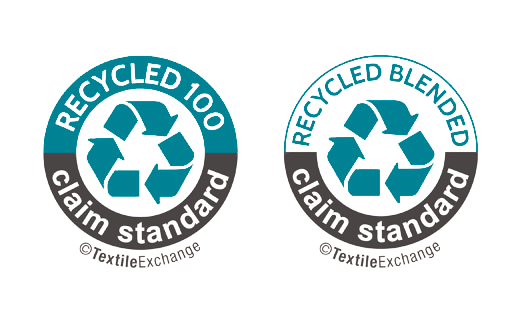
INTERNATIONAL SYSTEM FOR CARBON CERTIFICATION -ISCC
ISCC (International System for Carbon Certification) created ISCC Plus for recycled plastics and bio-based materials, to support the transition to a circular plastics economy. This is a comprehensive basis for voluntarily implementing sustainability criteria throughout the supply chain, as well as verifying that companies meet them.
ISCC is used to audit and ensure that agricultural, forestry and renewable energy products are produced according to sustainable standards while having minimal negative impact on the environment and society. The ISCC certification system controls issues related to:
Sustainable raw materials;
Agricultural and forestry biomass;
Biological waste;
Recycled materials;
Recycled energy.
